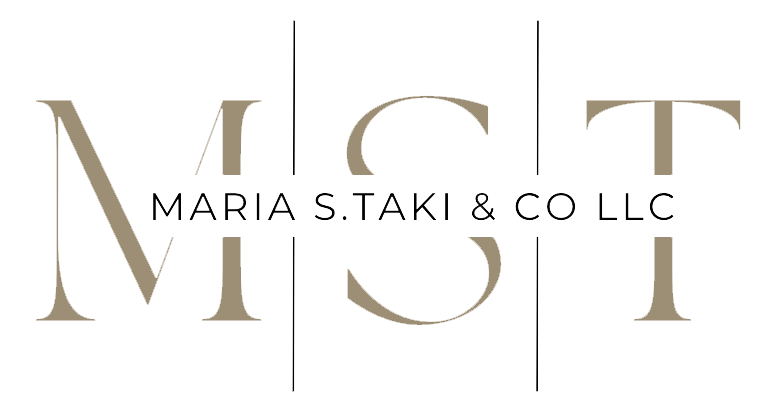18 Jul Mandatory Mediation for Civil Disputes in Cyprus
On January 3, 2025, the Cyprus Council of Ministers approved an amendment to the Law on Mediation in Civil and Commercial Matters (Law 159(I)/2012), mandating mediation for civil, commercial, and financial disputes involving sums up to €10,000 before any party can file a lawsuit. The initiative is designed to streamline the resolution of minor disputes, modernise the judicial system, and alleviate the workload of the courts.
Key Revisions in the Legislation:
* Compulsory initial mediation session, with penalties for non-compliance, such as the loss of the right to claim legal fees.
* Consolidation of the Mediators’ Registry and the introduction of mandatory ongoing professional development (including at least 24 hours of educational programs).
Establishment of regulated mediator fees and clearly defined requirements for professional training.
These changes aim to deliver high-quality mediation services and build trust in alternative dispute resolution (ADR) methods as a reliable substitute for court proceedings.
Mediation is a structured process in which the parties select an independent third party, known as the mediator, to help them resolve their dispute. As part of alternative dispute resolution (ADR), mediation provides numerous advantages, such as time and cost savings, while offering the flexibility to develop customised solutions that address the unique needs of the parties involved. Moreover, mediation plays an important role in alleviating the burden on Cypriot courts. The key principle of mediation is resolving disputes amicably, with the parties maintaining full control over the outcome. The agreement reached becomes legally binding only after it is signed by the parties, or, if desired, can be validated by the court.
Another method of ADR is arbitration, which differs primarily in that it results in an “arbitral award” that is binding on the parties. Mediation, on the other hand, is a voluntary, non-binding process that allows the parties greater control over both the process and the final decision. While arbitration tends to be more formal, mediation provides a flexible, collaborative approach to dispute resolution. Both methods require broader public acceptance to be viewed as effective and reliable alternatives to court litigation. The wider acceptance and implementation of these methods are a fundamental prerequisite for enhancing and serving the interests of justice.
A mediator’s role involves acting with independence, impartiality, and due diligence, facilitating dialogue between the parties to help them reach mutually agreeable solutions. Mediators also improve communication and understanding between the parties. In addition, lawyers are required to inform their clients in writing about the mediation process for disputes under €10,000, explaining the compulsory nature of the initial session and the potential consequences of failing to attend. A key consequence of non-compliance is that the party refusing to engage in mediation will lose the right to claim legal fees if the dispute proceeds to court.
The implementation of mandatory mediation represents a significant advancement in fostering effective and sustainable dispute resolution. It ensures that civil disputes are resolved more swiftly, at a lower cost, and with lasting outcomes. This legislative amendment marks a crucial development in strengthening mediation as a key component of the Cypriot legal system. By providing an alternative to litigation, it reduces court congestion and helps achieve mutually beneficial outcomes for all parties involved.


